Hisham Mayet is a film maker, photographer, publisher, musical researcher and sound adventurer. He was born in Tripoli, Libya, and moved to the USA at the age of 10. Together with Alan Bishop he is the founder and owner of the music label Sublime Frequencies. From Palestinian psyche-rock to Southeast Asia’s Insect Electronics, from radio collages and recordings of people walking at night to music from George W. Bush’s Axis of Evil, Sublime Frequencies has had more than 100 releases. Their CDs, vinyls, cassettes and books have redefined contemporary ethnographic music, rescuing it from academic rigidness and giving it a political and street existence full of urgency. They called it punk ethnography. Lately, the label has turned its attention to some of the field’s legends and pioneers, publishing important books on the work of Deben Bhattacharya and of Charles Duvelle and his influential Disques Ocora label. Pierre von Kleist editors André Príncipe and José Pedro Cortes spent a week with Hisham in Tangier, talking, drinking coffee in the Café Colon and watching things from afar.
Hisham Mayet is one of those figures capable of providing literature and cinema with characters that defy oblivion. Born in Libya and educated in the UK and the US, he makes the world a never-‑ending journey. Living between reality and its fiction – or between fiction and its reality – his memories, gestures, actions and works cover many times, spaces, changes and visions.
Filmmaker, photographer, editor, researcher, musician, writer, creator, adventurer, traveller and world citizen, he builds a life lived against the ordinary in everything that he says and does. His interests include art and politics, the self and the other, the internal and external, the past and future, the here and there.
In the week in question, Hisham was in Tangier. For this issue of Electra, the photographers and editors André Príncipe and José Pedro Cortes went there to meet him, to hear him recount his life, and then complemented that story with a visual essay. They spoke to the great conversationalist for hours and came to the conclusion that he was even more fascinating than they had imagined. This is an interview-portrait-feature attentively and eagerly carried out In the First Person. To read it is to hear a voice measured (and modulated) by many voices and to look at an image mixed (and crossed) with many images.
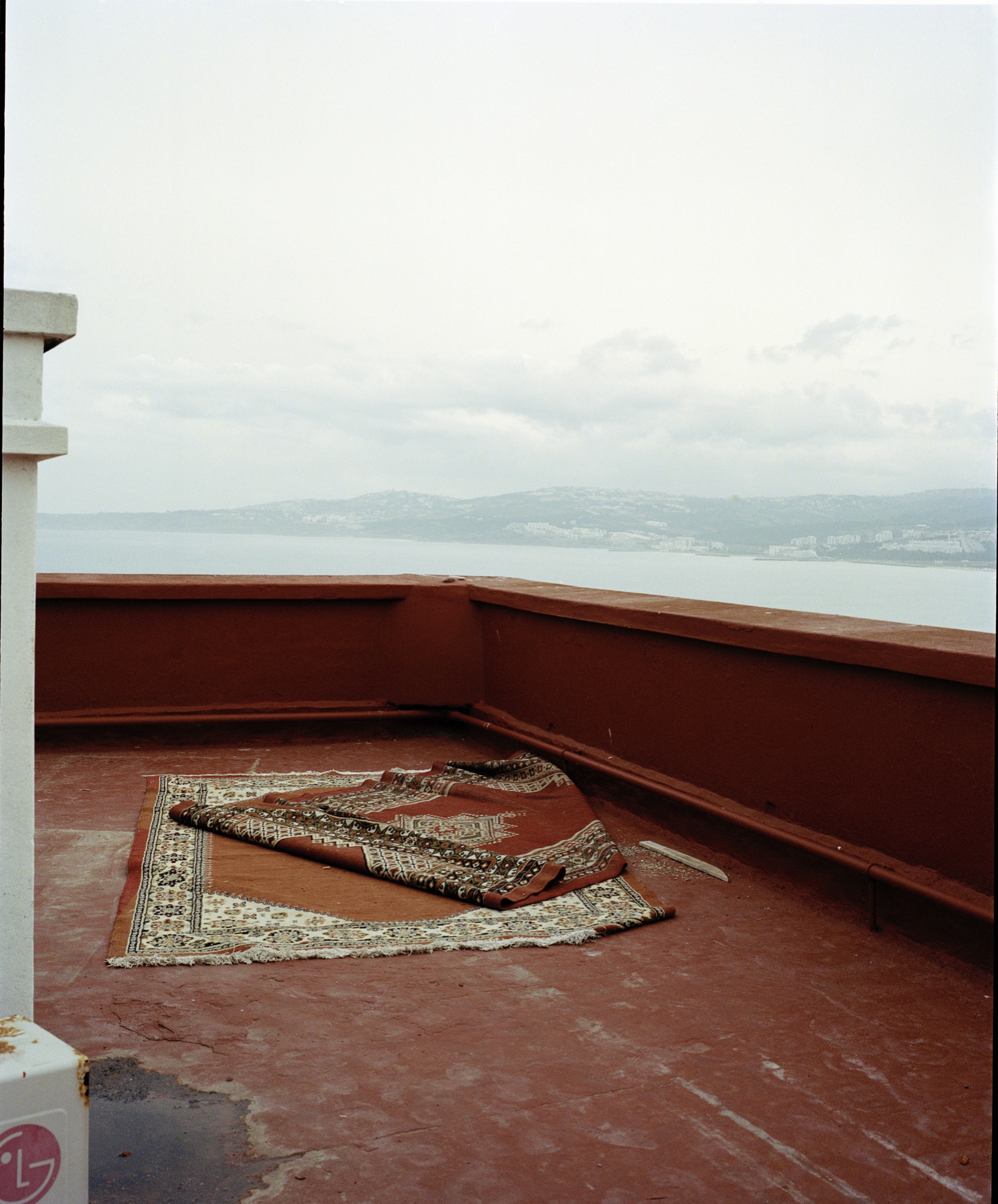
The Mediterranean, view from Hotel Rembrandt terrace
André Príncipe
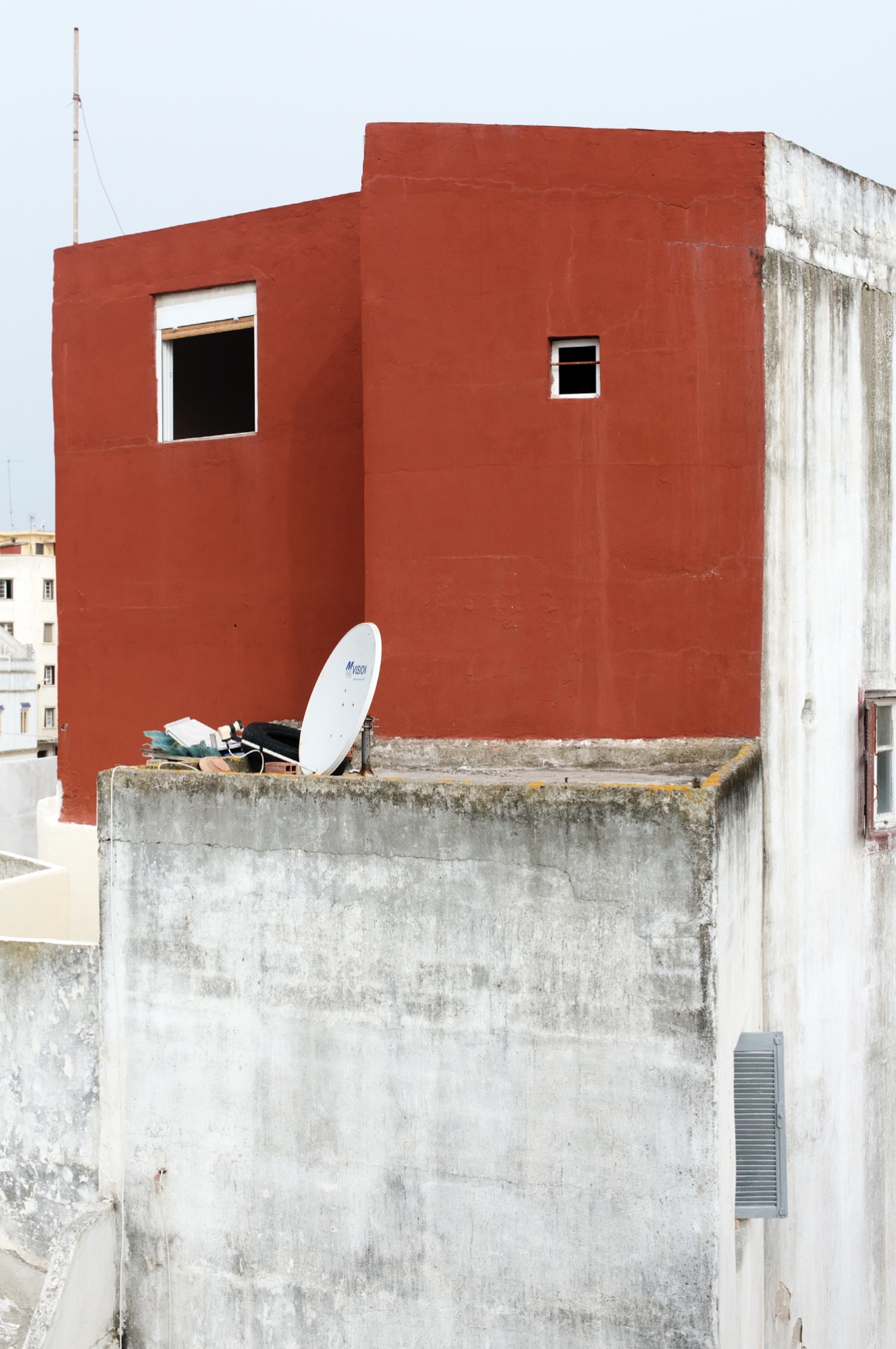
José Pedro Cortes
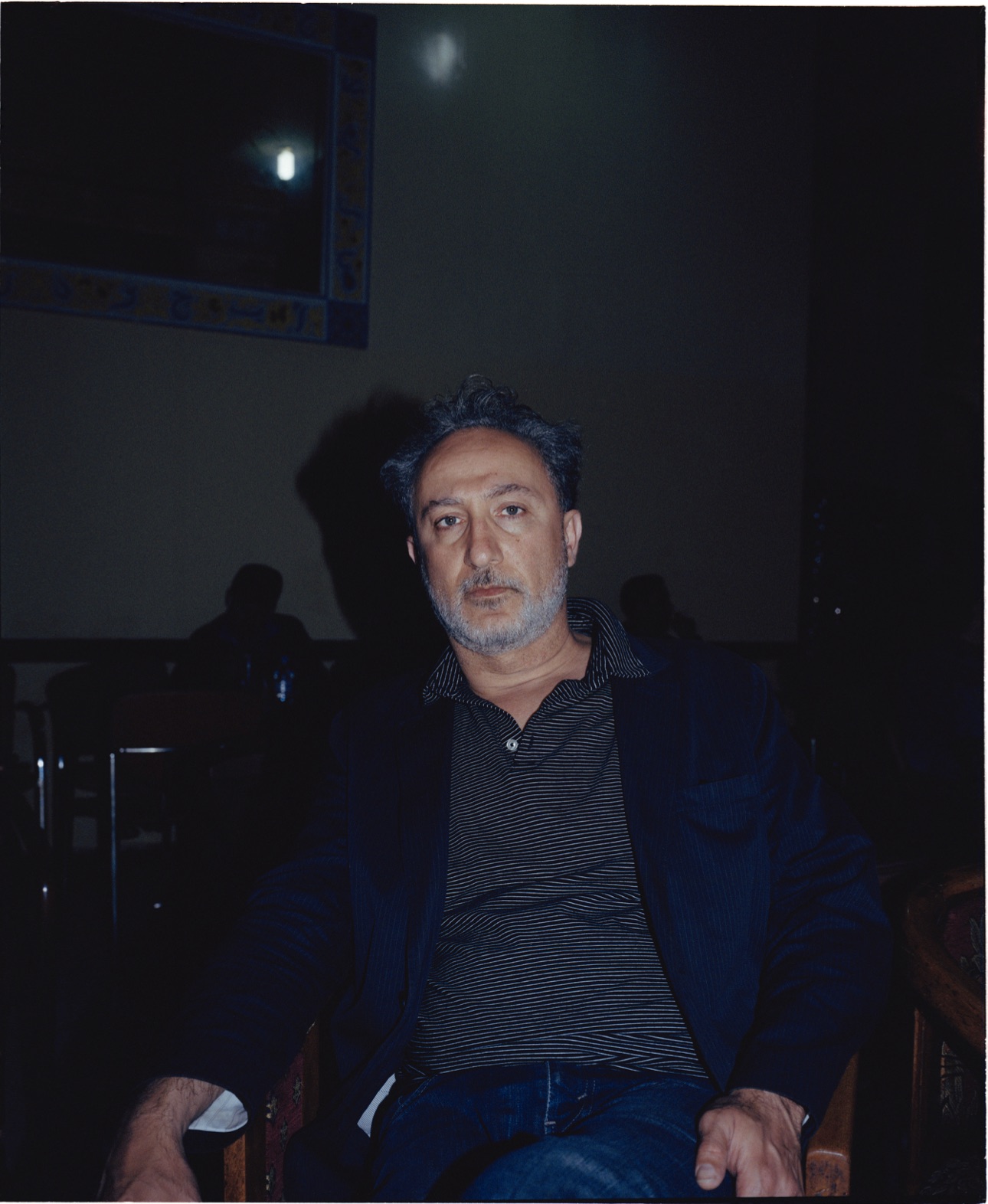
Hisham Mayet, Café Colon
André Príncipe
18 April. Breakfast at Café Tingis
HISHAM MAYET …Notre-Dame, of course, burned down and there’s been all this pledging of the money. They’ve raised up to 800 million. The US also pledged 200 million euros. A transparent x-ray of misguided global capitalism. It is in no way meant to help anyone but to reinforce the idea of the ruling class and their monuments. The big story right now in fact is that the French cardinal, the one that has been molesting children, said, ‘No, you just can’t make me step down, I refuse to!’ Here’s the French Catholic Church and we’re just dumping all this money to reconstruct this relic.
JOSÉ PEDRO CORTES Our cultural symbols are still there to be relished and adored even in a time when you constantly hear that there’s no money. All of a sudden, these numbers erupt.
HM They’re symbols of power and they are important to reinforce dominance. In a very controversial way there would be people saying that yes, Notre-Dame is worth a lot of human lives, like in the past. But this is the way that it has always been – it’s only being sold differently. Think about 9/11 and the symbolism of Western civilization being attacked by non-Western civilization. For the anti‑American world, it was a moment of victory because this giant was brought down to his knees, even momentarily. The symbolism of that was profound. In a sense, Notre-Dame represented the same for anti-colonial minds.
ANDRÉ PRÍNCIPE There’s a Sufi story about a woman who goes to market to buy groceries. She needs to buy eggs and the seller is asking for 10 cents each. She offers 5 and gets them for 7. She feels good about herself. Then she goes and buys some vegetables from a farmer that is asking 10 cents apiece. She bargains and bargains and buys them for 6 cents apiece. Finally, feeling very satisfied about her day, she goes to an expensive restaurant where she has lunch for 50 euros and, without being asked, leaves a 30-euro tip.
HM It’s always money and power and, of course, religion. We’ve been culturally programmed to believe in these concepts. Out of curiosity, some of us are, of course, different. Dealing with dogmas that are not so old, 2000 years for Christianity. But looking at the bigger picture, it’s just 2000 years, which is nothing. I’m a firm believer in pantheism, which is basically animism. The idea that I am a part, a microorganism of planet Earth. This idea of hierarchy in religion is absurd to me. One human dominating another human is completely absurd. To me the power of a clap of thunder is stronger and truer than any dogmatic text.
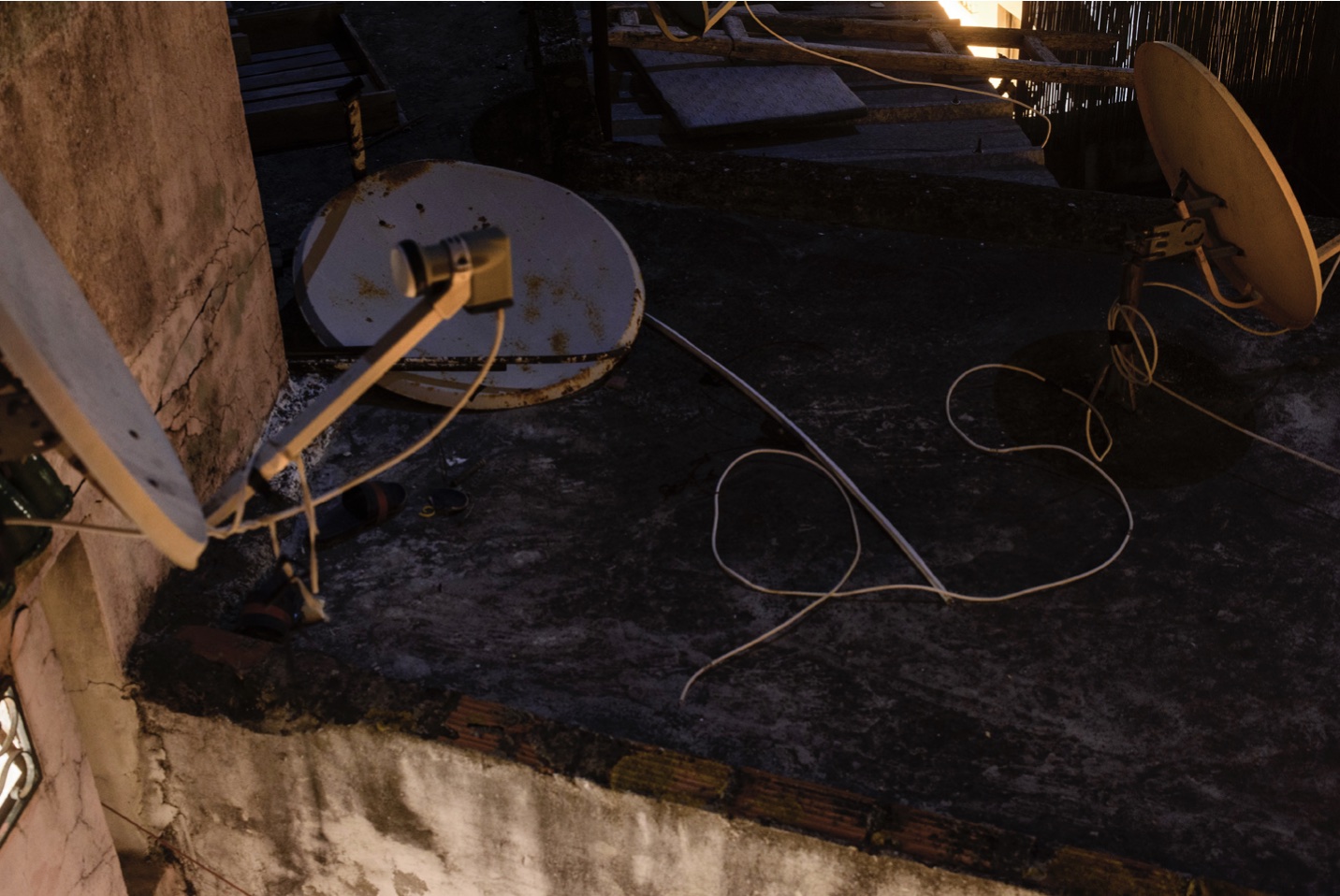
José Pedro Cortes
"I was born January 6, 1970, Tripoli, Libya, just two months before Gaddafi took over. Both sides of my family were incredibly affected. My grandfather on my mother’s side had come from Manisa, Western Turkey, a Mediterranean port."
16 April. Talk the Casbah, Talk the Casbah
AP How about starting at the beginning?
HM I was born January 6, 1970, Tripoli, Libya, just two months before Gaddafi took over. Both sides of my family were incredibly affected. My grandfather on my mother’s side had come from Manisa, Western Turkey, a Mediterranean port, and he had been sent by the Ottoman Sultan to put down a rebellion in Tripoli in the early 1900s. This family, the Sarraj family, established itself in Libya at that time and managed to be one of the large landowners in and around Tripoli. My father’s family, El Mayet – which means the dead or the dead one – as far as I know have been there since Roman times, 3000 years. Both my grandparents were quite prominent after colonization. Both were part of the original assembly to write the constitution. My grandfather on my father’s side was a secretary of state and minister of the interior under King Idris… My father was actually an ambassador appointed to Denmark in the summer of ’69. On September 2nd, Gaddafi did the coup d’état. Had Gaddafi not showed up, I would have probably been born in Denmark. In the early 70s my father became the representative lawyer for the opposition, and of course that was a very difficult place to be. In ’74, there was a call to eliminate all political opposition in Libya and my father was one of the top targets. In 1976, my father’s life was threatened to the point that he left immediately to London. We followed shortly thereafter… overnight, we basically had to gather what we could and fly to London.
London was a place where my father and uncles went all the time; they had businesses, a hotel, so it wasn’t something that crazy. Already two uncles were living there. My father was travelling to London on business all the time. I actually went with him several times when I was really young.
It was a complete shift of life, a very intense adjustment period for my younger brother and I. My sister stayed in Libya and my older brother was in military schools in the north of England. I was in and out of private and boarding schools in London. We lived in Kensington, just 3 blocks from Harrods. This was the 70s; it was a pretty exclusive neighbourhood, but not so ostentatious as today. It was an amazing childhood for me. We would walk to Hyde Park. Harrods was kind of our playground. I went to a school called St. Davies, next to the National History Museum, a private school for diplomats and their children. A lot of Saudis, Italians, Yugoslavs, Qataris, Dutch, a small international school, 25 students, 3 teachers. Very high level. A really intense upbringing of extreme education. I don’t know how healthy that was… completely disciplined.
In 1979, Gaddafi started again to want to eliminate all opposition, even the ones living overseas. There’s a lot of news that he was sending assassins out to Europe and many people died. In this second wave, they came to my dad’s office and shot his business partner point-blank at his desk. My father was supposed to be there. Luckily, he wasn’t. He immediately left London and the UK. That was major BBC news. We heard about it watching television and there was panic in our flat… My uncle arrived banging on the door. We wouldn’t open up for anyone, but when he stuck his finger we recognised his ring and said ok. Within two hours we packed everything and went into exile for 6 weeks in Aqaba, Jordan. King Hussein’s son at the time was an acquaintance of my father so somehow we arranged quick flights to Amman. We were there maybe for 4, 5 days hiding at the Red Sea, just lying low. At that time I was 8 years old… it was a mix of shock and trying to forget what was going on. I think my parents tried to make it as safe and normal as possible.
[...]
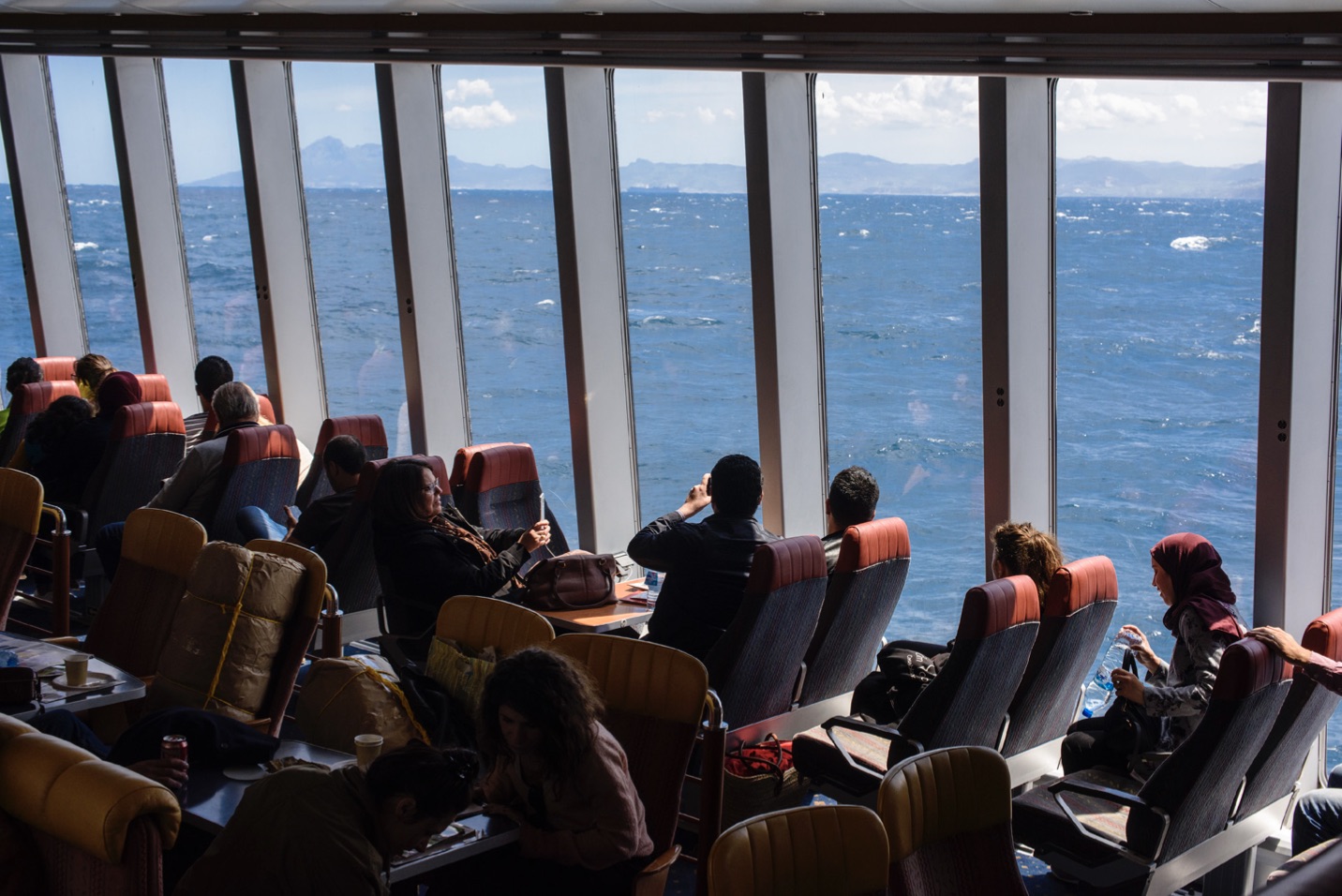
José Pedro Cortes
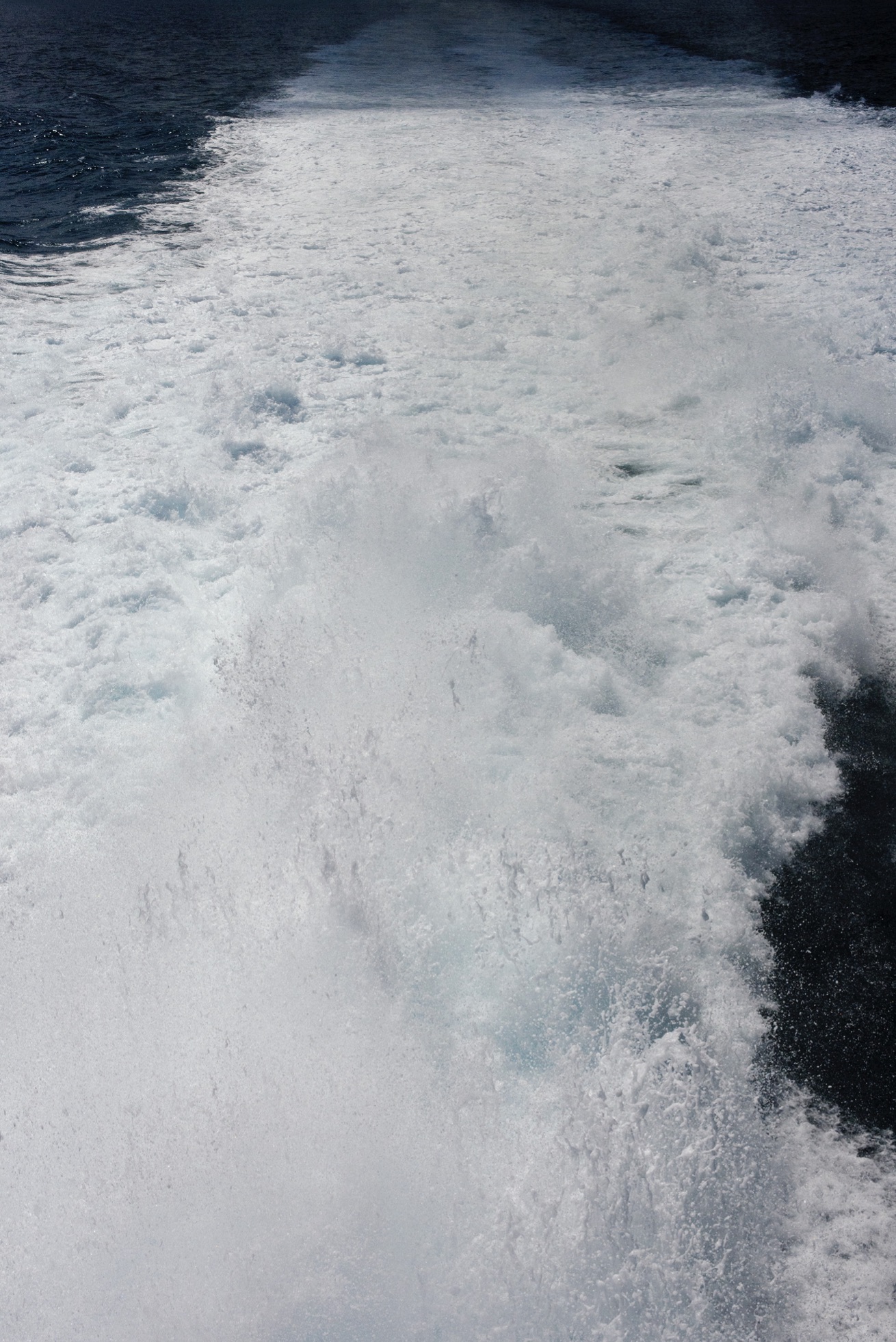
André Príncipe
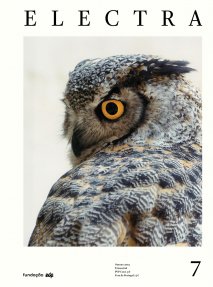
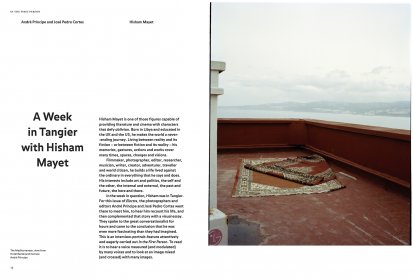

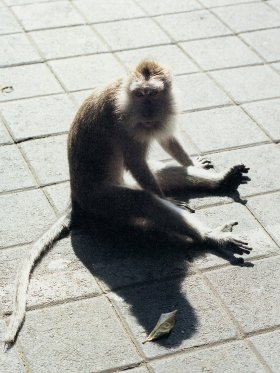
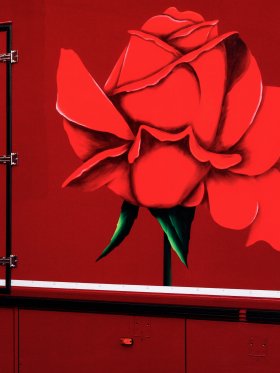
Share article